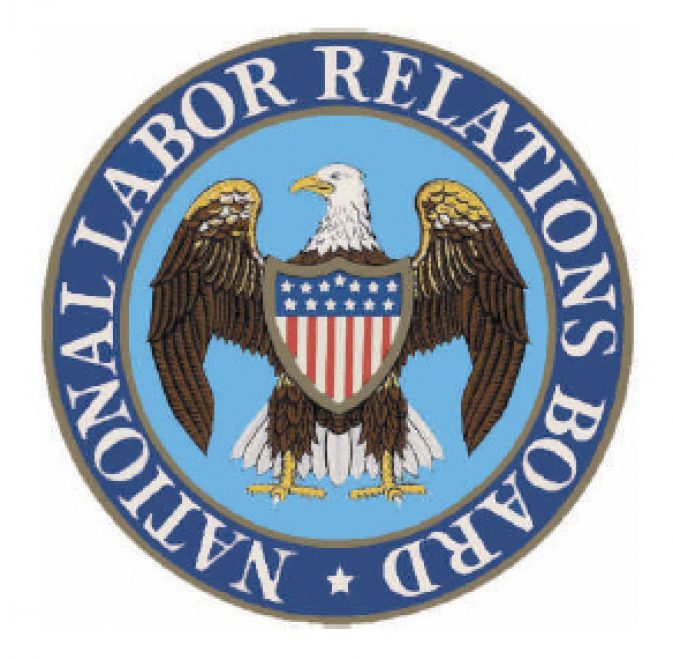The NLRB doubles down on “joint-employer”

The National Labor Relations Board (NLRB) has done it again – broadened the definition of “joint employer” and interfering with a long-standing business model that has, for decades, put millions of Americans to work.
Unlike a previous ruling regarding franchise ownership, the unelected government board today ruled in “Browning-Ferris,” that companies are now responsible for employees who don’t even work directly for them. Thus, companies that use employees of subcontractors can be held liable for those employees, opening the door for lawsuits and union organization efforts.
The International Franchise Association said in a statement today that the 3-2 decision “ignores nearly 50 years of bipartisan policy and decades of court and regulatory rulings and will ultimately harm our national economy.”
The California-based Browning-Ferris is a recycling plant that uses temporary staffing company Leadpoint for some of the on-site work. A union that represents other Browning workers discovered it could not do the same, because the contract between the two companies clearly states that the employees are solely employed by Leadpoint.
That’s when the union went to the NLRB for help, and that’s why we have today’s ruling.
The NLRB has effectively expanded joint employment “based on direct control, indirect control, potential control and when “industrial realities” make the company a necessary party to meaningful collective bargaining.”
Under this new definition, Browning can be considered the employer of these temporary workers. And the union would then have an employer with whom to collectively bargain.
Like the decision that came out of complaints against McDonald’s which similarly impacts the franchisor-franchisee relationship, companies like Browning can be accused of unfair labor practices even if the workers were hired and paid by Leadpoint. The IFA summarizes the impact as such:
“These changes to the joint employer standard could impose new collective bargaining obligations and allow unions the ability to strike or picket a large entity compared to the location where there is a dispute. The new standard would also increase the likelihood of union “campaigns” against national businesses, while forcing small businesses to become engaged in protracted, unnecessary and costly legal battles.”
Both rulings will send shock waves throughout thousands of small business owners across the country who engage in both the franchise and subcontracting business models. People don’t start businesses to share their responsibilities with someone else. Nor do they start businesses to be liable for others’ workplace legal problems.
The American entrepreneurial spirit is one of independence, autonomy and the chance to own a slice of the American Dream on one’s own terms, not terms determined by government bureaucrats.



